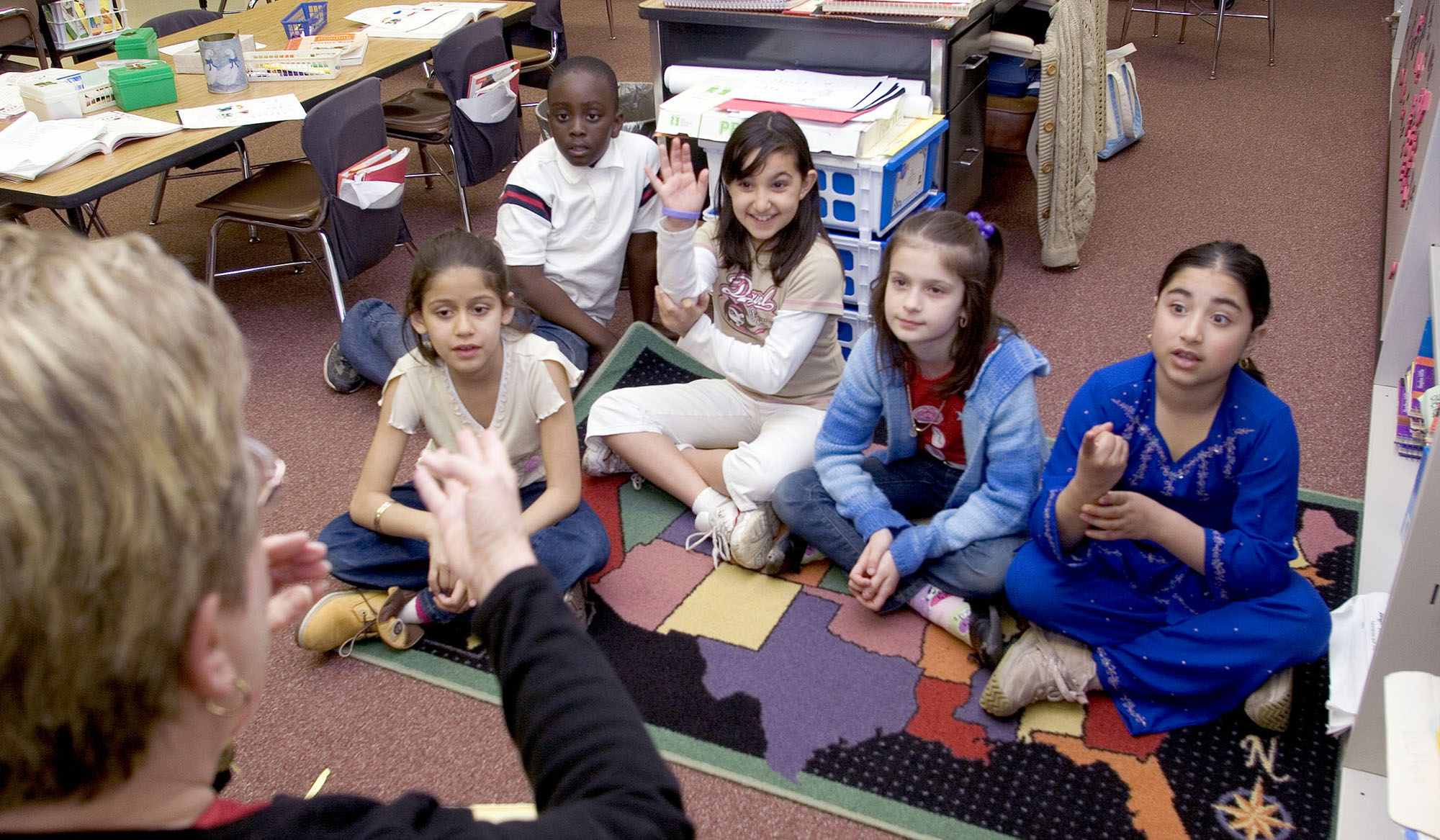We are collectively becoming dumber as a nation, and this does not bode well for the future of America.
Videos by Rare
According to the 2013 National Assessment of Educational Progress, a paltry one third of eighth graders in public schools can read and do math at grade level.
While I recognize the controversy over standardized testing as a measure of academic success, the United States consistently scores poorly compared to many European and Asian nations.
Education is the fundamental cornerstone for success in a 21st century society. American students are competing globally against countries which seem to value education much more than we do here in America. Within generations, this gap will result in innovation and economic growth being led by other nations and not our own.
This is a problem.
In the United States, the issue boils down to one thing: education has become a task for the government, rather than a responsibility of the family.
A generation of Americans have been programmed to believe that the responsibility of our education begins and ends with the government. I would dare say that many families probably spend more time picking out which cable package to purchase than deciding which school their child should attend.
More broadly, we have to change the way we as a nation think about “education.” Education (or learning) does not begin in Kindergarten and end in 12th grade or even in college. Education needs to be constant, never-ending learning.
Think about doctors who must constantly learn about new advances in their field. This is vital for their survival in their industry. They understand what it takes to stay relevant and provide the best treatment for their patients.
All of us should look at our lives in a similar way. Our hunger to grow and develop our minds, to stay informed, will push us as Americans to be better and to compete globally. This same hunger to learn can translate to our children and become cultural norm.
“Tiger moms” – those who fiercely push their children to perform academically – get a bad wrap, but they are effective because they demand excellence. I’m not suggesting that we should become a nation of Tiger moms, but I do believe that an emphasis on education is learned within the home.
Unfortunately there are many children who come from broken homes or families who do not see education as something that occurs around us, all the time, in nearly every interaction. These children are disadvantaged in this respect, but all hope is not lost.
Within our public schools, we must rid ourselves of this idea that a federal, one-size-fits-all approach to education is what’s best for our children. Bringing the power of government schools back to the state, local and community level would be a start.
Giving teachers flexibility while holding them more accountable is equally as important. Effective teachers may not fit within the government’s specifications and that should be celebrated, not stifled. This means teachers can operate using their individual creativity and knowledge to do things more efficiently and get better results.
On the flip side, lousy teachers should be held accountable and terminated. Teachers unions make this step very difficult, however it’s a battle worth having. We are only a strong as our weakest educator, and when it comes to our kids we deserve only the best.
Getting the federal government out of public education is one step that would also allow for more school choice, vouchers and other competitive systems that force schools to up their games.
Sadly, the federal government doesn’t support these innovative, results-producing educational opportunities: the Obama administration recently ended funding for the D.C. voucher program and the Department of Justice is suing Louisiana over its voucher program. Both are examples of educational opportunities that are being stifled for the sake of national political expediency and power.
America can, and we must, do better.
Throwing more money at the problem isn’t the solution. Despite doubling the amount spent on education since the 1970s, we have little to show for it. Within out culture, We must change our understanding and expectations of education. It it is the responsibility of the family, not that of the government. We must push for educational policy to be less federalized and more localized. We must allow competition and we must allow teachers to have autonomy as well as hold them accountable.
This is vital if we are to be the innovators and educators of the future.



